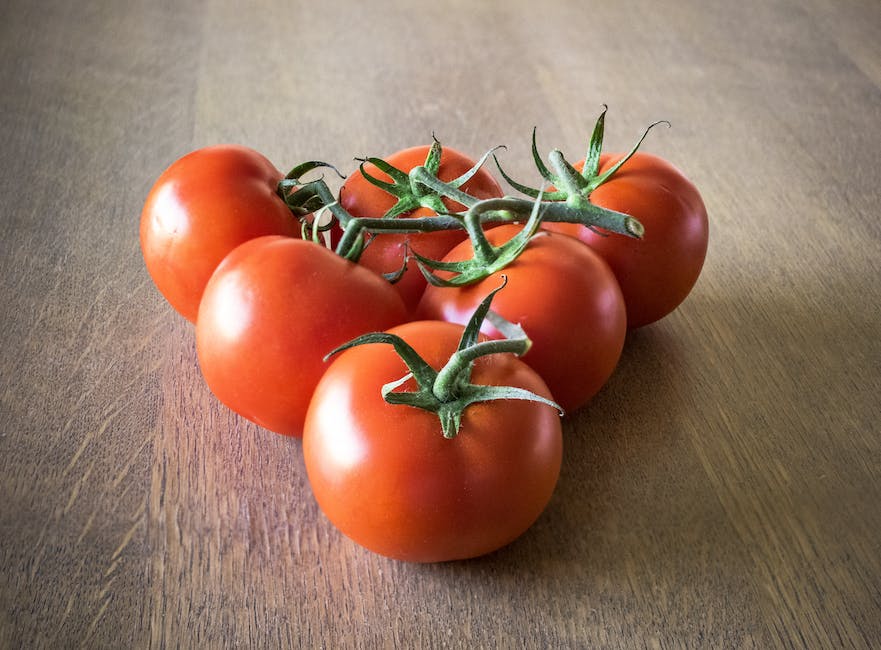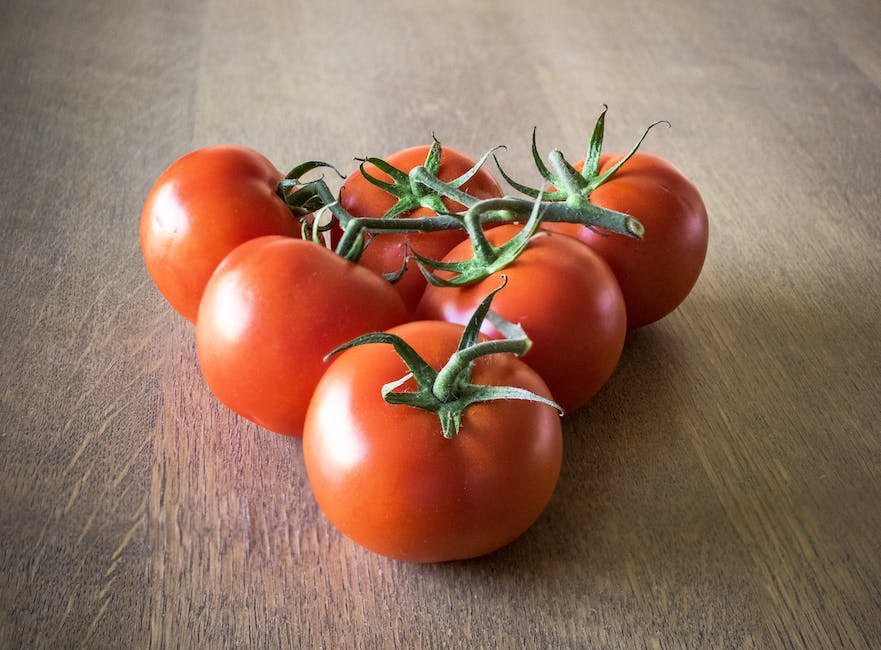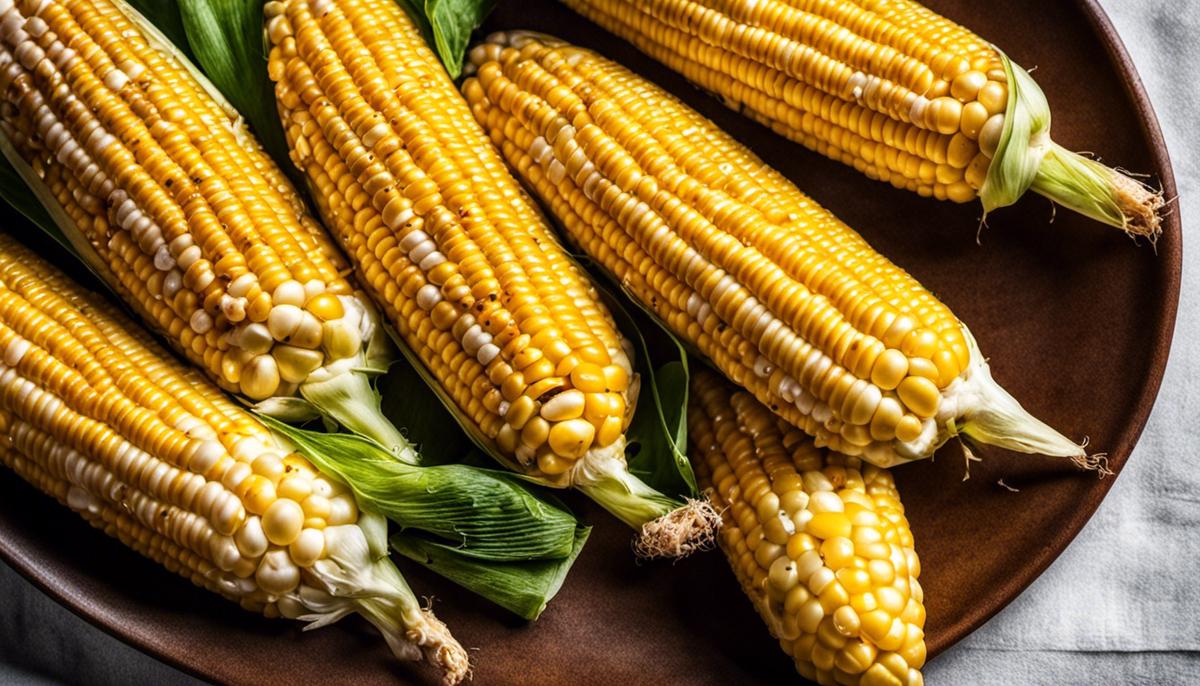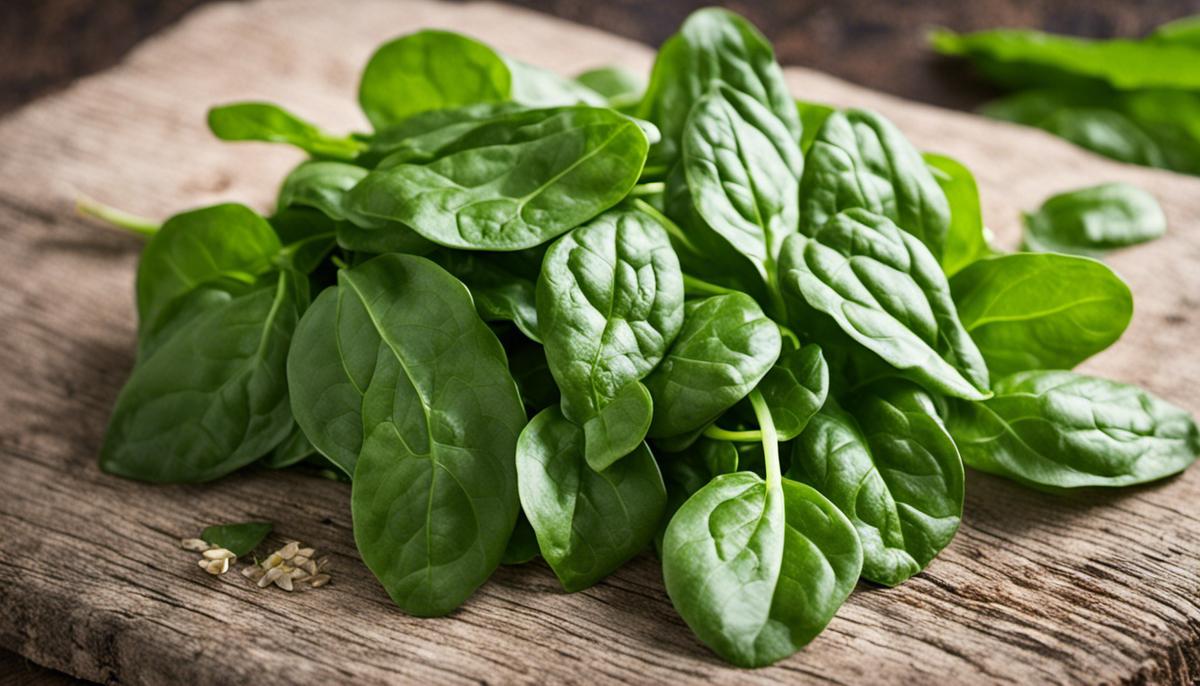
Top 10 profitable vegetable seeds
Description: If you are looking for profit from the field of agriculture, then you should have knowledge of our article today, as it guides you to the top 10 very profitable seeds, but rather the most profitable in the agricultural field, and is characterized by many advantages, including ease of cultivation, speed of growth, and the rapid profit cycle, so to you Top 10 profitable vegetable seeds. Coming in first place is a variety of seeds with good texture and flavour, and easy to store for long periods. This is one of the earliest carrots for forcing outdoors or under cloches. They produce a very sweet 'finger' carrot. Globular beetroot, very popular locally, has a fresh, sweet flavour. It is a very beautiful and delicious vegetable, and it has many uses and has many colors, and it can be used for decoration and also for eating, as it tastes wonderful. Of medium green fruits and also produces edible flowers, a good choice for those who want to profit from agriculture A lovely vegetable for a salad dish, it has an intense, sharp, clean flavour This variety is fast growing and ripe, has multiple uses and has a lovely mild flavour It is distinguished by its good leaves and wonderful flavor, as spinach is a very useful vegetable Carrot kings are considered one of the most important crop varieties, and they have a very distinctive taste and color for food. A beautiful winter vegetable, characterized by its high nutritional value and also its ability to withstand storage, and a profitable vegetable. In the contemporary era where health consciousness and sustainability are escalating, the demand for nutrient-dense, organic, and non-hybridized vegetables has surged. More consumers are willing to pay premium prices for heirloom tomatoes, succulent sweet corn, and nutrient-packed spinach, making the cultivation of these vegetable seeds a potentially profitable venture. Their appeal lies not only in their health benefits but also their adaptability, versatility, and contribution to biodiversity. As a case in point, this discussion highlights the consistent high market prices of heirloom tomatoes, high-yield potential of sweet corn, and strong, reliable demand for spinach seeds, all of which hold vast growth potential both in the fresh produce market and in packaged goods, supplement, and meal prep industries. There's something rather magical about heirloom tomatoes. A throwback to a time before modern hybridization, heirlooms are cherished for their remarkable flavor and unique appearances, with stripes, ripples, and a spectrum of shades that run the gamut from vibrant reds and yellows to deep purples, greens, and even blacks. Despite a generally short shelf life and less disease resistance than their commercial counterparts, the demand for these heirloom varietals is tremendous and continues to rise. Over the past few years, there has been a revival in interest towards such heritage produce, driven primarily by the ever-growing farm-to-table movement and the rising demand for organically grown food. This presents an unparalleled opportunity for savvy agricultural businesses to tap into a lucrative niche market with ample profit margins. The pivotal allure of heirloom tomatoes lies in their exceptional flavor profiles, which offer a mouth-watering palette distinct from the mediocrity of mass-produced tomatoes. This makes them a darling of chefs and food enthusiasts across the country who are willing to pay premium prices for high-quality ingredients. To further leverage this unique selling proposition, cultivation of a diversity of heirloom tomatoes can provide businesses the ability to serve farmers' markets, specialty food stores, and high-end restaurants. Differentiation is key in a saturated market, and the variety of tastes, colors, shapes, and sizes that heirlooms offer can surely set your business apart. The organic tag that naturally accompanies these heirlooms is also a critical demand driver. With an increasing number of consumers recognizing the potentially harmful impacts of pesticides, genetically modified organisms (GMOs), and other synthetic inputs on health and the environment, there's a rising trend of consumers shifting towards organic products. Consequently, agricultural enterprises capitalizing on this paradigm shift can expect boosts in both sales and profits. Another advantage to the heirloom tomato market is the potential for seed sales. Heirlooms are open-pollinated, meaning their seeds can be saved and replanted, producing plants true to type year after year. This can not only result in significant cost savings for your farming operation, but also serve as an additional revenue stream, as many gardeners and farmers are keen on purchasing these organic seeds. Finally, integrating heirloom tomatoes into your agricultural business doesn’t simply translate into lucrative financial gains; it also represents an investment in preserving agricultural diversity. Each variety of heirloom tomato has its own unique history and characteristics, and growing them contributes to their long-term survival. In conclusion, the rising demand for heirloom tomatoes presents compelling opportunities for widespread business growth and profitability. Capitalizing on this demand can result in substantive financial gains and serve as a mechanism for differentiation in a crowded agricultural landscape. Heirloom tomatoes are not just about dollars and cents; they’re about flavor, diversity, sustainability, and standing behind a product that consumers can feel good about purchasing. Moving beyond the realm of tomato greenhouses, let's divert our attention towards the golden hues of Sweet Corn, another pivotal vegetable seed in the agricultural portfolio of strategy-oriented entrepreneurs. There are several compelling reasons why Sweet Corn is a must-have for profit-driven agricultural entrepreneurs. First off, the universal aesthetic and culinary appeal of Sweet Corn steers robust demand. Not only is it a delight to the palate, but it also adds a vibrant splash of color to any dish. Additionally, its incredible versatility is appreciated worldwide, rendering it a culinary staple in many cultures. This broad appeal inevitably results in steady local and international demand, which in turn signifies promising sales opportunities. The ease and affordability of Sweet Corn cultivation deserve a mention too. Regardless of the size of your agricultural venture, Sweet Corn can adapt well to a diverse range of growing conditions, from small backyard patches to large farming fields. Its robust nature combined with high yield rates makes it incredibly cost-efficient, enhancing overall profitability. Elaborating on the health benefits of Sweet Corn, this gem is power-packed with essential nutrients, antioxidants, and fiber. It is an ideal choice for health-conscious consumers who are increasingly adopting a balanced and nutritious diet. By tapping into this nutritious edge, entrepreneurs can significantly boost their market value and customer base. Strategically, Sweet Corn offers a unique diversification advantage. Entrepreneurs can expand their product line with Sweet Corn-based processed products like canned corn, corn flour, corn oil, and more. This not only reduces dependency on direct sales but also helps in expanding market reach. The rising trend of non-GMO and organic products unfolds another profit avenue for Sweet Corn cultivators. Sweet Corn, primarily organic and non-GMO varieties, are attracting premium prices. Entrepreneurs who are forward-thinking can ride this wave and enjoy a substantial profit margin. Last but not least, Sweet Corn holds immense potential in the seed market, just as heirloom tomatoes do. Selling sweet corn seeds can provide an additional revenue stream, especially from home gardeners and other farmers. In conclusion, the benefits of Sweet Corn are truly cornucopia. It serves as a golden opportunity for entrepreneurs to seize lucrative prospects and diversify their agricultural business. When cultivated with vision and strategy, Sweet Corn can markedly augment revenue generation and economic sustainability. Just as the agricultural industry has seen a rising trend in the demand for heirloom tomatoes, spinach seeds too are packing quite a punch when it comes to financial viability for today's savvy agricultural entrepreneur. Firstly, spinach is universally loved for its refreshing taste and vibrant green hue, making it a favorite among consumers. It's used in myriad dishes, from salads to smoothie bowls, appealing to health conscious eaters and foodies alike. Where heirloom tomatoes are known for their unique flavor and appearance, spinach is equally appreciated for its aesthetic and culinary appeal. This broad consumer base can offer a consistent and dynamic market, driving sales and aiding solid financial forecasts. Secondly, the ease and affordability of cultivating spinach from seeds is a large part of their financial allure. With shorter growth cycles than many other crops, spinach allows for multiple harvests a year. The seeds are economical to procure in bulk and easy to sow, cutting down on labor and planting costs. Spinach also has a reputation as a superfood, overflowing with important nutrients like Iron, Calcium, and Vitamins A, C, and K. Now more than ever, individuals are prioritizing health and wellness, fueling the demand for nutrient-rich foods. Thus, the market value of spinach due to its health benefits, is a significant factor to its smart financial choice in agriculture. Another significant piece of the puzzle lies in the potential diversification that spinach can bring into an agricultural business model. Spinach can extend beyond the fresh produce market into a vast array of processed products like canned spinach, spinach-based snacks, and frozen food items. This expansion potential can pave the way for additional revenue streams and business growth. Tied into the trend of non-GMO and organic products, spinach fits easily into this niche. Consumers are leaning towards organic, untreated, and healthier produce, making non-GMO spinach seeds a promising candidate for future profit. Finally, just like with heirloom tomatoes, there is potential trade in selling spinach seeds. Seeds, especially those that are organic and non-GMO, can be a secondary revenue source. As home gardening becomes increasingly popular, seeds have become more sought after. To conclude, spinach seeds' financial viability lies in their broad appeal, affordable cultivation, health benefits, diversification potential, alignment with market trends, and additional revenue paths. With this multitude of benefits, it's clear that the cultivation of these nutritious leafy greens from seed can form a robust part of a financially shrewd agricultural strategy. Choosing the right type of vegetable seed to grow can prove to be a profitable business decision and contribute to sustainable farming. As presented, the heirloom tomatoes, sweet corn, and spinach seeds offer exciting opportunities due to their significant market demand, adaptability, and high yield, making them a prime choice for keen cultivators. The increasing awareness around health and sustainability ensures a promising market scope for these vegetables. Therefore, the cultivation of these vegetables could provide an excellent opportunity to harness this growth, optimize profit margins, and contribute positively to the environments' biodiversity. The future of sustainable and profitable farming lies in understanding the market trends and capitalizing on the growing demand for nutritious and organic produce like heirloom tomatoes, sweet corn, and spinach.
Top 10 profitable vegetable seeds
1. Carrot Nantes
2. Carrot Amsterdam Forcing
3. Beetroot Bolthardy
4. Rainbow Chard
5. Courgette Zucchini Elite
6. Rocket Wild - Perennial
7. Radish Cherry Belle
8. Spinach Butterflay
9. Carrot Autumn King
10. Late Purple Sprouting Broccoli
Harnessing the Market for Heirloom Tomatoes

Utilizing the High-Yield Potential of Sweet Corn

The Profitability of High-Demand Spinach Seeds
